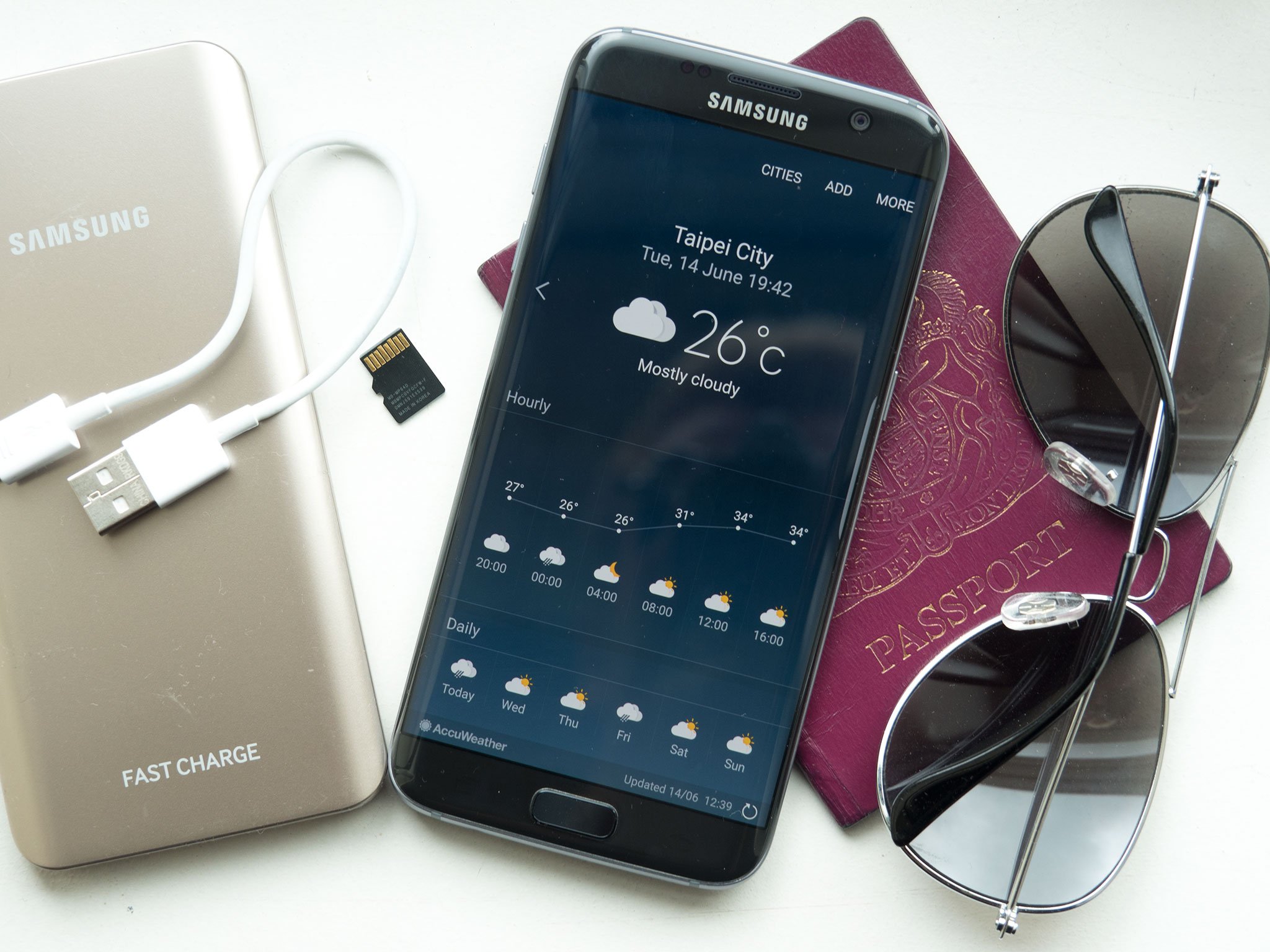Keeping your data safe and private while you travel across borders is a lot of work

One interesting byproduct of a shift in the U.S. executive branch's stance on border safety is seeing people actually concerned about their privacy and data safety when they need to cross those borders. No matter where you stand on the current administration's ideas and potential policy changes (and this isn't the place to argue those) you should be able to understand that they will have an effect on how your information is treated by three-letter agencies in the U.S. anytime you move in or out of the country.
This has some smart people — very smart infosec type people — talking about why you need to be concerned and what you can do about it. It's fascinating to read even if you think it's all hogwash and we should freely share everything with any government agent.
Experts tell us to cross borders and leave no trace behind, much like when hiking or camping. This is how James Bond must feel.
Two pieces in particular I really enjoyed come from information security researcher the grugq (conveniently compiled by Microsoft engineer Mohamed Mansour) and forensic scientist and penetration tester Jonathan Zdziarski.
As you would expect from the grugq, the information is laid out as fact, leaves no room for any alternatives and is direct to the point. It's also undeniably true. That's probably the reason I read anything and everything with his name on it. It's a refreshing no-bullshit look at what's going on and what can be done to protect our right to privacy when we encounter it. His series of short tweets tell you in no uncertain terms how you should travel if you are going to be crossing a U.S. border and don't want anyone else having access to any of your private information without your consent. Bam, boom. There you have it.
Zdziarski expands and explains why and how as he tells you the things you need to do to keep any errant eyeballs away from your personal information. The measures are extreme, and a few extra words about why it's beneficial to follow his advice are appreciated. Again, this isn't surprising. Zdziarski has a knack for making the extreme seem reasonable when it actually is a reasonable response. Zdziarski is a reassuring voice for the times when you need a reassuring voice to help understand the scope of a situation and advice on how to react.
We all need to think of how we can use this information, and if we need to follow any of the advice.
The two resources read very differently and are from two very different people, yet they echo the same basic ideas. Throwaway accounts and even devices, that live completely separated from your vital information and always assumed to be compromised and hacked. Essentially, the only way to be sure you aren't giving away more than you need to give away is to become a virtual ghost at any border crossing. This is completely James Bond level stuff, and while it may be saddening to think we need to worry about it, knowing that we really can exist with no digital footprint is fascinating. Make sure you take a few minutes and read both.
There is a lot of room here for further discussion. Ways we can use the tools and services available to us for Android and Chrome to lock away the data we give so freely to Google if we need to suddenly hide it from anyone else need to be explored. Let's face it — using the digital devices we love from any company doesn't lend itself towards anything resembling privacy. We're OK with sharing everything with a company we trust and never consider how any of it can be used "against" us. It's given me plenty to think about and I hope it gives you plenty to think about, too.
Get the latest news from Android Central, your trusted companion in the world of Android
I expect we'll be circling back to this a time or two as we move forward.

Jerry is an amateur woodworker and struggling shade tree mechanic. There's nothing he can't take apart, but many things he can't reassemble. You'll find him writing and speaking his loud opinion on Android Central and occasionally on Threads.
